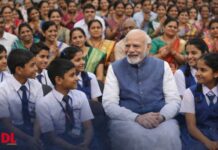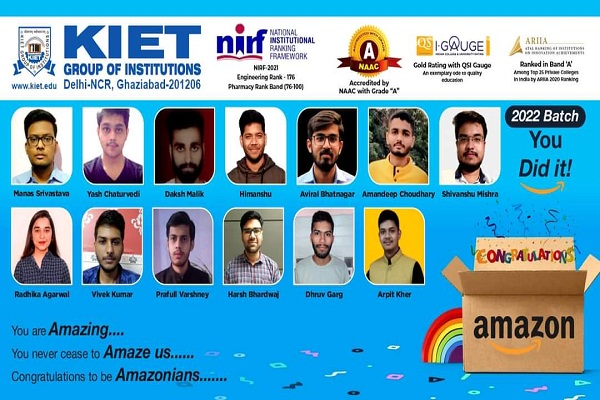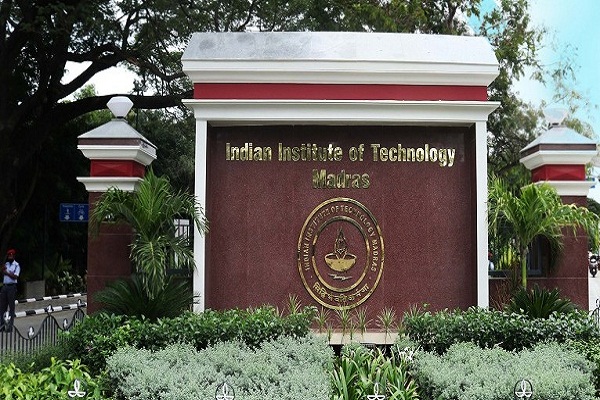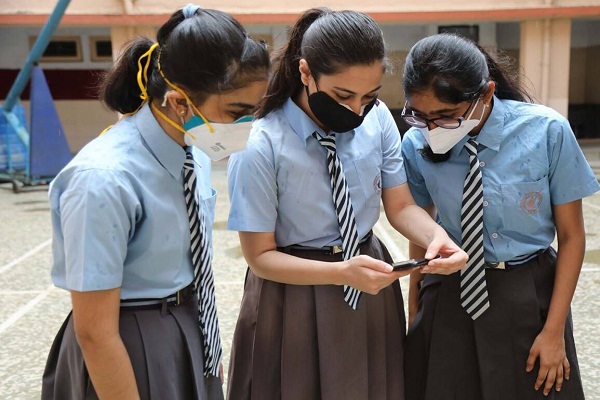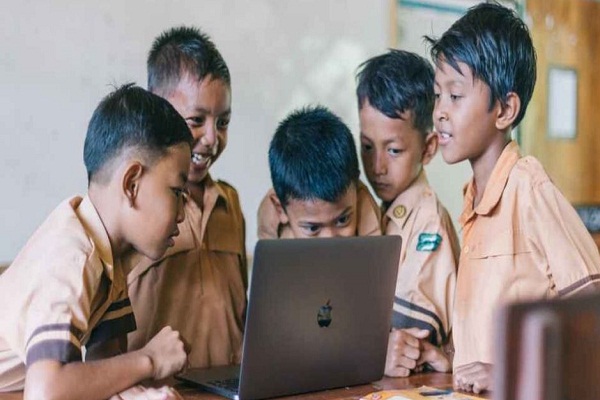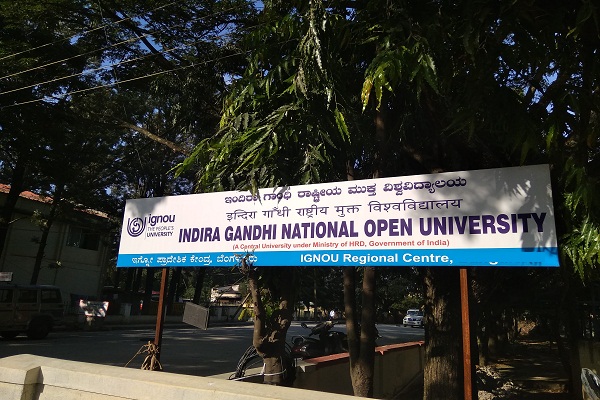Institutions like the Punjab Engineering College (PEC) are not just educational institutions but are among centres of nation building, said the President of India, Ram Nath Kovind.
He was speaking on the occasion of the centenary year celebrations of the Punjab Engineering College (PEC) in Chandigarh on Tuesday.
The President said that PEC has always risen to the needs of the nation. In the early 1960s, when it was felt that our country needed the services of aeronautical engineers, the Indian Air Force had approached the PEC. It was in no time that the urgent need was met by shifting students from other disciplines of engineering into the final year of specialisation in aeronautical engineering.
The President said that the young minds that come to the PEC are fertile and open to innovation.
He was happy to note that during the challenging times of the Covid-19 pandemic, the PEC students built robots that could go into isolation wards and deliver food, medicine and other supplies to patients.
He said that it was a wonderful illustration of innovation for the service of society. He was also happy to note that two patent applications have been filed from this institute on Covid-related research.
The President stated the new National Education Policy is a guiding light for all of us, as it encourages research and development. Education, under this policy, will move from content-heavy towards learning more about how to think critically and solve problems, how to be creative and multidisciplinary, and how to innovate, adapt and absorb new material in ever-changing fields of study.
The President noted that the PEC has already been well ahead on the path of research and development. He was happy to note that a state-of-the-art semiconductor research facility is being inaugurated on the campus on the occasion of the centenary of PEC.
He said that it is remarkable that such facilities promoting R&D are not new to this institute as there have been previous collaborations with government and private organisations for establishing such ventures for the benefit of students.
The Siemens Centre of Excellence in Manufacturing is an example worth emulating by other universities. He also commended the PEC for continuous collaborations with other prestigious institutions like the IITs, PGI and ISRO. He said that such steps are helpful towards realising the goal of excellence in application-oriented research. Such an industry-institute interface will also help in realizing the goal of an Atmanirbhar Bharat, he added.
Pointing to the rich alumni network of the PEC, the President said that the graduates of this college are never alone as mentorship and experience of the PEC alumni are available to them. He urged institutes like PEC and their alumni to act as mentors and collaborate with other universities of the country. He said that the PEC has students from all parts of the country, making it a perfect example of unity in diversity. He was confident that if an institute can be the unifying factor for such a large set of students, mentorship from PEC alumni can definitely be the unifying factor for our country too. He said that we have always followed the ideal of “Vasudhaiv Kutumbakam” – the whole world is but one family. It is desirable that different institutes and universities of our country follow this principle. We need to work together, hand in hand, for greater progress of our country and make a knowledge network for the benefit of all students of our country.



